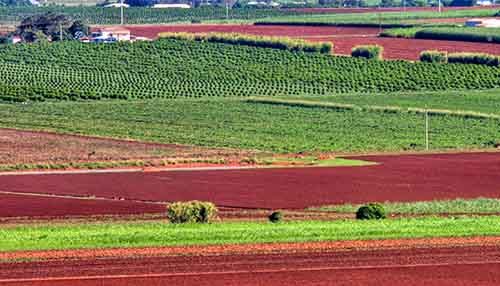Authored by: Justine Woods and Craig Turvey
Giving oral evidence at a court hearing for a family law dispute can make or break your case. Here are our top five tips to compellingly present your evidence while ...

All Queenslanders have an obligation to manage biosecurity risks under the Biosecurity Act 2014 (Act).
In particular, there are obligations to mitigate biosecurity risks posed by a “prohibited matter” and certain categories of “restricted matter”. Under the Act, such matter includes a variety of diseases, viruses, parasites, insects, animals and weeds, which can have catastrophic economic, social and environmental impacts if left un-managed both in Queensland and Australia-wide. In recognition of the severity of these biosecurity risks, similar obligations exist in most Australian States and Territories.
Notably, if a person becomes aware of a “prohibited matter” or a “restricted matter”, they must:
A person who fails to notify the relevant authority of a biosecurity risk or take the correct action may be subject to prosecution of an offence under the Act, which carries a maximum penalty of $195,825 or 1 year’s imprisonment.
Accordingly, it is crucial for those involved in industries, such as agriculture, and those who work with livestock and crops to be aware of and be able to identify “prohibited matter” and “restricted matter”, so that any potential biosecurity risk may be mitigated. For example, owners of livestock may need to be able to identify the symptoms of cattle tick so that they do not inadvertently spread the pest into the cattle tick-free zone.
This publication is for information only and is not legal advice. You should obtain advice that is specific to your circumstances and not rely on this publication as legal advice. If there are any issues you would like us to advise you on arising from this publication, please let us know.
Subscribe to our interest lists to receive legal alerts, articles, event invitations and offers.
Cooper Grace Ward acknowledges and pays respect to the past, present and future Traditional Custodians and Elders of this nation and the continuation of cultural, spiritual and educational practices of Aboriginal and Torres Strait Islander peoples.
Fast, accurate and flexible entities including companies, self-managed superannuation funds and trusts.